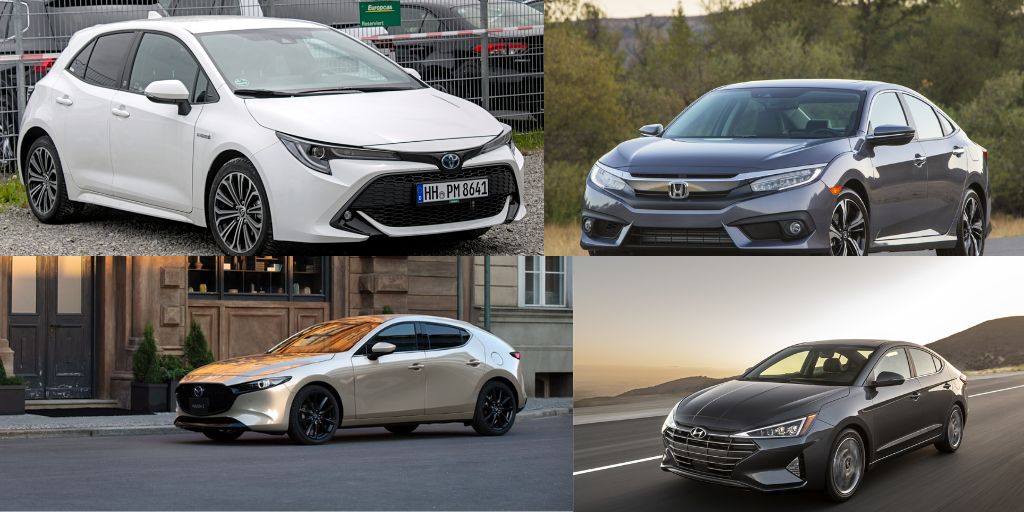When it comes to choosing a daily commuter car, reliability, fuel efficiency, and ease of maintenance are top priorities.
A reliable commuter not only ensures that you arrive at work or school without trouble, but it also offers peace of mind for long-term ownership. However, not all vehicles are equally dependable.
Some cars may look appealing but present more risk than reward over time, especially for daily use. These high-risk cars might suffer from frequent breakdowns, expensive repairs, or safety concerns, making them unsuitable for regular commuting.
In this article, we’ll take a closer look at five reliable daily commuters that can withstand the demands of everyday use. These vehicles are trusted for their durability, fuel efficiency, and low maintenance costs.
On the other hand, we’ll also highlight five cars that are high-risk for daily commuting, as they tend to have a reputation for reliability issues, costly repairs, or poor fuel efficiency.
By the end, you’ll have a better understanding of which vehicles are worth your time and investment for everyday driving and which ones to avoid for your daily commutes.
Also Read: 5 Cars That Excel in Hot Climates and 5 That Suffer
5 Reliable Daily Commuters
When choosing a daily commuter car, there are several important factors to consider: reliability, fuel efficiency, comfort, and ease of maintenance.
A reliable commuter car is one that you can count on day after day, whether you’re commuting to work, running errands, or going on longer road trips.
It’s not just about how well the car performs in the short term; it’s about how it holds up over time. A dependable vehicle ensures you’re not constantly worrying about breakdowns or unexpected repair bills.
Reliability can mean different things to different people. For some, it’s all about longevity—finding a car that lasts for many years without requiring expensive repairs. For others, it might be about how easy and affordable it is to maintain.
A reliable commuter car needs to be able to handle the wear and tear of daily driving while being easy to take care of, with parts that are readily available and affordable.
Fuel efficiency is another key factor. Commuting often means covering significant distances every day, so a car that can go further on a single tank of gas will save you money in the long run.
That’s why many of the best commuter cars also come with great fuel economy ratings, helping you avoid frequent trips to the gas station.
In addition to these practical features, comfort is also important. Your car should have a smooth ride, good visibility, and modern technology to make your commute as stress-free as possible.
Safety features, such as airbags, advanced driver-assistance systems, and crash-test ratings, also play a big role in determining whether a car is suitable for daily driving.
In this article, we’ll dive into five of the most reliable daily commuters available today.
These cars have earned their reputation for dependability through years of performance, making them ideal choices for anyone who needs a reliable, efficient, and comfortable vehicle for daily use.
1. Toyota Corolla
The Toyota Corolla has long been one of the most trusted vehicles for daily commuters. For decades, it has earned a reputation for its exceptional reliability, durability, and low-maintenance needs.
Toyota’s commitment to quality engineering ensures that the Corolla can withstand the challenges of everyday use, whether you’re driving through city traffic or on the highway.
One of the standout qualities of the Corolla is its consistency in delivering dependable performance, making it a favorite among drivers looking for a hassle-free vehicle.
Key Features
Beyond reliability, the Corolla is also a very fuel-efficient vehicle, offering an impressive 30-40 mpg, depending on the model and driving conditions. This makes it one of the most cost-effective vehicles in its class.
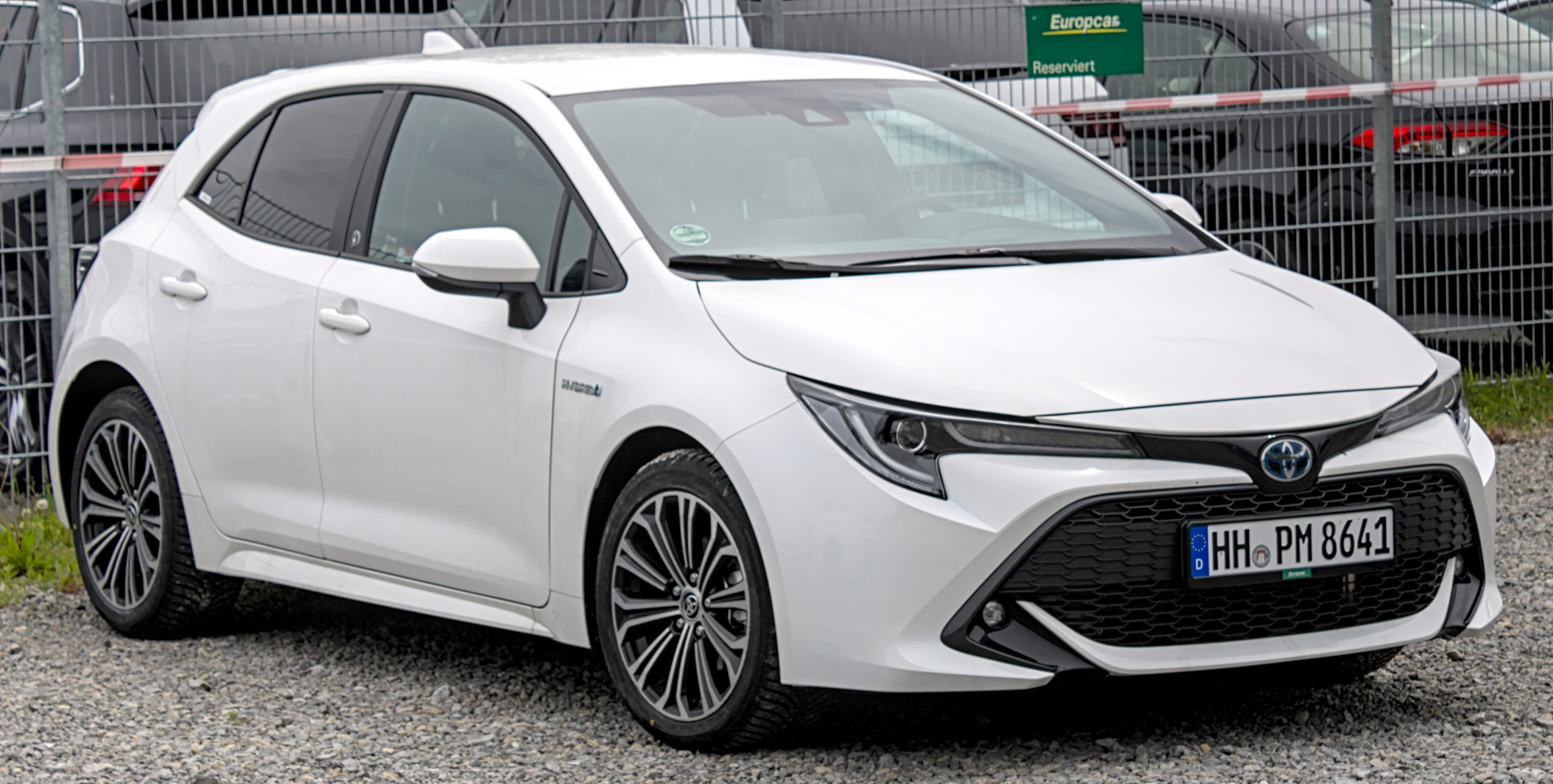
The car’s low maintenance costs and Toyota’s extensive service network ensure that owning a Corolla doesn’t come with unexpected repair bills.
Safety features such as adaptive cruise control, lane-keeping assist, and pre-collision systems are standard in many newer models, adding an extra layer of peace of mind for commuters.
Why It’s Ideal for Commuting
The Corolla’s compact design makes it easy to navigate tight city streets and congested traffic, while still providing enough interior space for comfort. Its smooth and quiet ride ensures that longer trips don’t feel tiring, and the fuel economy means fewer visits to the gas station.
Additionally, Toyota’s reputation for building cars that can last for over 200,000 miles with proper maintenance makes the Corolla a solid investment for long-term daily commuting.
Its affordable pricing and excellent resale value further add to the appeal for anyone looking for a reliable car to use every day.
2. Honda Civic
The Honda Civic is another well-established name in the world of reliable daily commuters. Known for its reputation for longevity and minimal mechanical issues, the Civic is built to last.
Whether you’re looking for a car to handle short city commutes or long highway drives, the Civic proves itself to be one of the most dependable choices.
Honda has engineered the Civic to deliver exceptional performance over the years, making it a favorite for people who want to invest in a car that can endure years of heavy use.
Key Features
One of the major advantages of the Honda Civic is its remarkable fuel efficiency. It can deliver up to 40 mpg on the highway, making it an economical choice for anyone with a lengthy commute.
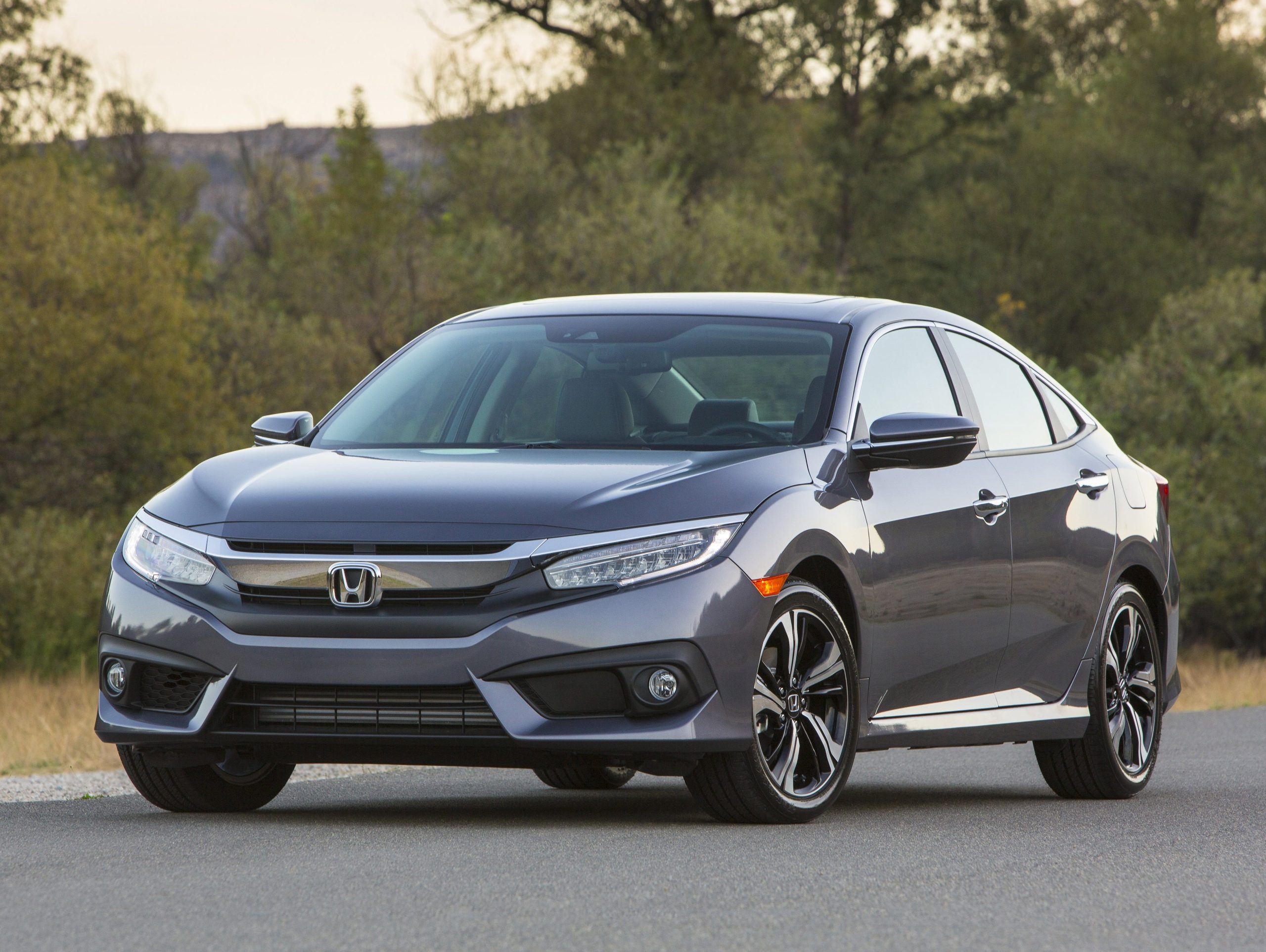
The Civic also comes equipped with advanced safety features like Honda Sensing, which includes collision mitigation braking, adaptive cruise control, and lane-keeping assist.
These features ensure a safe driving experience, especially during longer trips or high-traffic conditions.
Inside, the Civic boasts a user-friendly infotainment system, ample passenger space, and a modern interior that enhances comfort on the road.
Why It’s Ideal for Commuting
The Civic’s reputation for reliability is backed by its ability to go the distance. With many drivers reporting that their Civics have lasted well beyond 200,000 miles with minimal issues, it’s clear that the Civic is made for the long haul.
The car’s smooth ride and comfortable handling also make it ideal for daily commutes, whether you’re dealing with heavy city traffic or cruising on the highway.
Its superior fuel economy means you’ll spend less money at the pump, and its relatively low cost of ownership makes it an affordable choice for commuters on a budget.
3. Mazda3
The Mazda3 is a reliable and stylish choice for daily commuters, combining durability with an engaging driving experience. Over the years, the Mazda3 has built a solid reputation for its longevity, high-quality materials, and exceptional driving dynamics.
Known for its agility and refined engineering, the Mazda3 remains a favorite for those who want a commuter car that’s not just reliable but fun to drive.
It consistently ranks among the most dependable vehicles in its class, making it an excellent option for those who prioritize both performance and reliability.
Key Features
One of the standout features of the Mazda3 is its excellent fuel efficiency, with models achieving up to 36 mpg on the highway. This makes it a highly economical option for daily commuters who want to minimize their fuel costs.
The Mazda3 is also known for its responsive handling, making it one of the more enjoyable vehicles to drive within the compact sedan category.
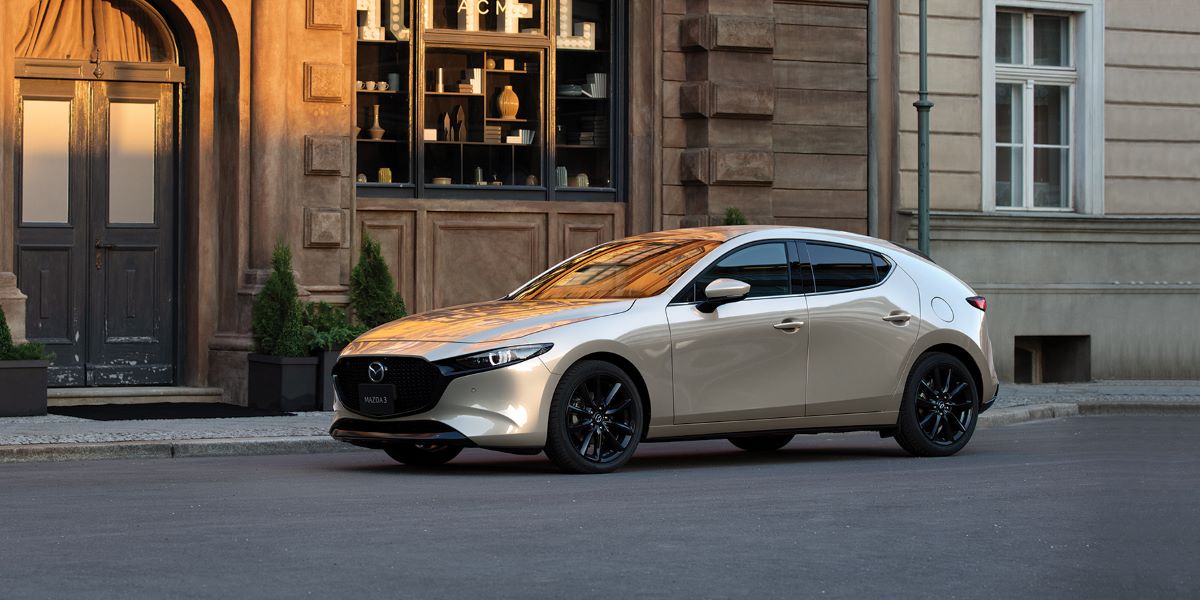
Inside, it features a refined and minimalist interior with high-quality materials, and it’s equipped with advanced safety features such as blind-spot monitoring, rear cross-traffic alert, and automatic emergency braking, ensuring a safe and comfortable commute.
Why It’s Ideal for Commuting
The Mazda3’s combination of reliability, performance, and fuel economy makes it a fantastic choice for daily commuting. It strikes a perfect balance between being an engaging driver’s car and a practical, reliable vehicle for everyday use.
The car’s ability to maintain excellent fuel economy while offering a smooth, comfortable ride means that it’s ideal for those who want to enjoy their commute without sacrificing practicality.
Plus, its strong resale value makes it a smart long-term investment for anyone looking for a vehicle that will continue to perform reliably for many years.
4. Hyundai Elantra
The Hyundai Elantra is another standout choice for a daily commuter car, offering a combination of reliability, affordability, and style. Over the years, Hyundai has made significant strides in enhancing the quality and durability of its vehicles, and the Elantra is no exception.
Known for its solid build quality and long-lasting performance, the Elantra is a practical choice for those looking for a dependable commuter car that can withstand daily use without constant visits to the mechanic. Its strong warranty package also provides additional peace of mind for owners.
Key Features
One of the major draws of the Hyundai Elantra is its impressive fuel efficiency. Depending on the model, the Elantra can achieve up to 40 mpg on the highway, making it an economical option for those who spend a lot of time on the road.
The Elantra also comes with a host of standard and optional features, including a user-friendly infotainment system, Apple CarPlay, Android Auto, and advanced driver-assistance systems like lane-keeping assist, forward collision warning, and automatic emergency braking.
These features not only improve convenience but also enhance safety, ensuring that your daily commute is as stress-free as possible.
Why It’s Ideal for Commuting
The Hyundai Elantra’s comfortable ride and reliable performance make it a top contender for those looking for an efficient, practical commuter vehicle.
With its low cost of ownership, impressive warranty coverage, and strong fuel economy, the Elantra is an excellent choice for people who want a car that offers great value for money.
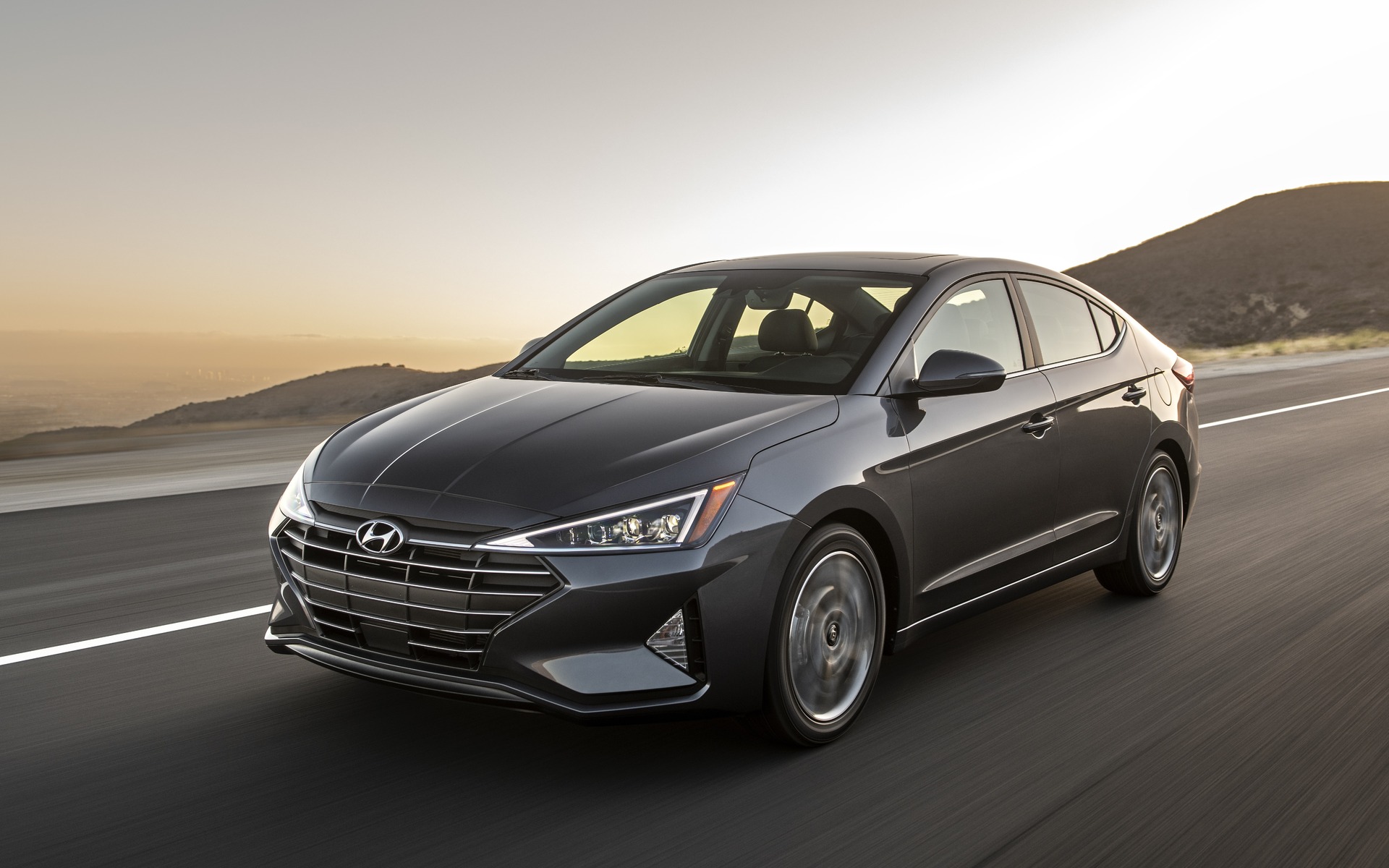
Additionally, Hyundai’s reputation for offering high-quality vehicles at an affordable price point makes the Elantra an appealing option for budget-conscious commuters who don’t want to sacrifice reliability or features.
5. Nissan Sentra
Why It’s Reliable
The Nissan Sentra has built a solid reputation for being a reliable and affordable daily commuter. Known for its low cost of ownership, the Sentra is often praised for its longevity and overall durability.
Over the years, Nissan has worked hard to improve the Sentra’s quality and performance, ensuring that it remains a competitive option for those in search of a practical commuter vehicle.
With a focus on comfort and ease of maintenance, the Sentra is an excellent choice for anyone who needs a dependable car for daily driving.
Key Features
The Sentra is known for its impressive fuel efficiency, with some models achieving up to 39 mpg on the highway, making it an economical choice for daily commutes. The interior is spacious, offering plenty of legroom and a user-friendly infotainment system.
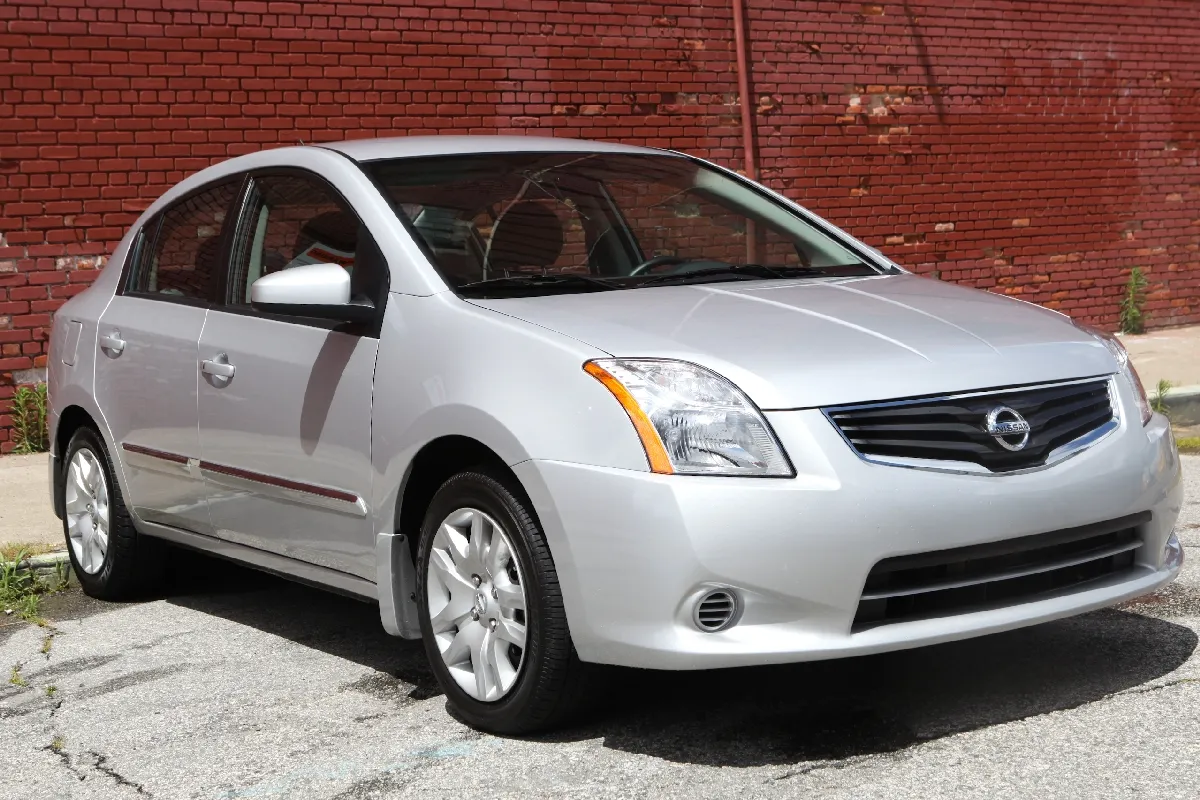
Newer models come equipped with modern technology, such as Apple CarPlay, Android Auto, and advanced safety features like automatic emergency braking, blind-spot monitoring, and rear cross-traffic alert.
These features add convenience and peace of mind, especially for commuters who frequently drive in busy traffic conditions.
Why It’s Ideal for Commuting
The Nissan Sentra offers a smooth and quiet ride, making it a great option for anyone who wants a comfortable daily commute.
Its excellent fuel efficiency helps keep operating costs low, while its reputation for reliability ensures that you won’t have to worry about unexpected repairs.
The Sentra is also an affordable choice in terms of both purchase price and maintenance, making it a good option for budget-conscious commuters. With a spacious interior and a range of safety features, the Sentra is well-equipped to handle daily commutes with ease.
5 High-Risk Daily Commuters
While there are plenty of reliable vehicles on the road that are ideal for daily commuting, not all cars are equally suited for the rigors of everyday driving.
Some cars, due to poor build quality, high maintenance costs, or a lack of long-term durability, can become high-risk choices for commuters.
These vehicles might seem like good deals in the short term, but they often come with unexpected repair bills, decreased reliability, or a higher risk of failure over time.
For daily commuters, the stakes are higher because you rely on your vehicle not only for getting to work but also for running errands, transporting family, or making longer trips.
High-risk commuter cars are often ones with high maintenance requirements, expensive parts, or vehicles known for frequent mechanical issues.
Some may have a reputation for poor fuel efficiency or may lack modern safety features, making them unsafe for frequent use.
The downside of these vehicles becomes apparent over time as they tend to accumulate high repair costs and lose their value much faster than more reliable alternatives.
Another important aspect to consider is comfort and drivability. While some cars may be reliable, they may not be the best fit for daily driving because of their noisy interiors, rough rides, or outdated technology.
For a commuter vehicle, comfort is a significant factor—after all, you’ll spend a considerable amount of time in your car, often stuck in traffic, and a rough or uncomfortable ride can make your commute feel like a chore.
In this section, we will look at five vehicles that are considered high-risk for daily commuting. These cars may seem like attractive options for their low upfront costs, but over time, they tend to result in more trouble than they are worth.
From poor reliability ratings to high repair costs, these cars are best avoided by anyone looking for a long-term solution to their daily commuting needs.
1. Chrysler 200
The Chrysler 200 was marketed as a stylish and affordable sedan, but it quickly became known for its reliability issues. While the 200 offers decent comfort and modern features, its long-term durability has been a significant concern.
Owners have reported numerous mechanical issues, including transmission problems, electrical malfunctions, and engine failures. These issues, combined with expensive repair costs, make the Chrysler 200 a high-risk vehicle for daily commuting.
Many drivers have found themselves dealing with frequent trips to the mechanic, which can be both inconvenient and costly.
Key Features
The Chrysler 200 is known for its sleek design and relatively comfortable interior. It offers a user-friendly infotainment system, with features like Bluetooth connectivity and a touchscreen interface. However, the car’s reliability issues often overshadow these features.
Despite its attractive appearance, the 200 struggles with durability, and its resale value is significantly lower than competitors in the same class.
The car’s fuel economy is decent, with some models achieving around 30 mpg on the highway, but the frequent repairs and lack of long-term reliability make it a poor investment for daily commuting.
Why It’s High-Risk for Commuting
For daily commuters, the Chrysler 200 presents a high risk due to its mechanical failures and high repair costs. Commuters often rely on their vehicles to get to work without worrying about breakdowns or expensive fixes.
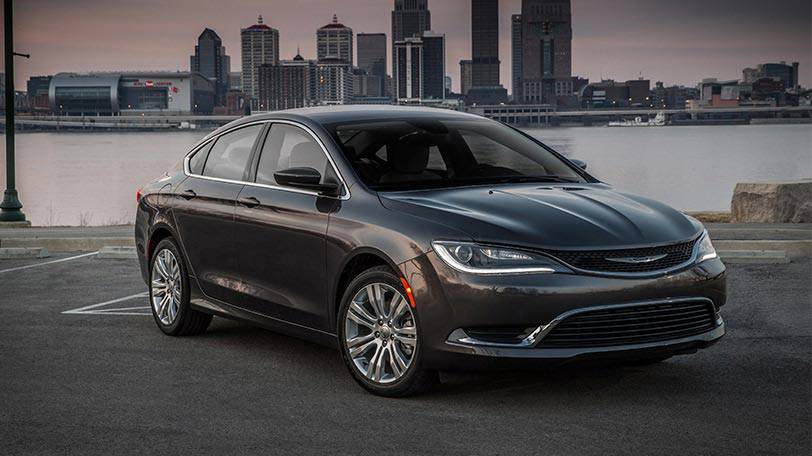
Unfortunately, the Chrysler 200 has earned a reputation for being unreliable, with many owners reporting issues that arise after only a few years of ownership.
This car might be fine in the short term, but over time, it becomes more of a headache than a dependable commuter vehicle.
2. Chevrolet Malibu
Why It’s High-Risk
The Chevrolet Malibu has often been regarded as a solid family sedan, but its reliability over time is questionable. While it does offer decent comfort and a smooth ride, it has a long history of mechanical problems, particularly with its transmission and engine.
The Malibu has been known to experience issues with its electrical system, and its fuel efficiency, while acceptable, doesn’t stand out in comparison to competitors.
These ongoing issues, combined with expensive repair bills, make the Malibu a high-risk choice for daily commuters who need a reliable vehicle for consistent use.
Key Features
The Malibu is equipped with a comfortable interior and modern technology, such as an intuitive infotainment system, smartphone connectivity, and a suite of advanced safety features. However, these perks don’t fully compensate for the ongoing reliability concerns.
The car’s cabin is spacious, making it a good choice for families or those who need additional room for passengers or cargo. The Malibu also offers a smooth and quiet ride, especially on highways.
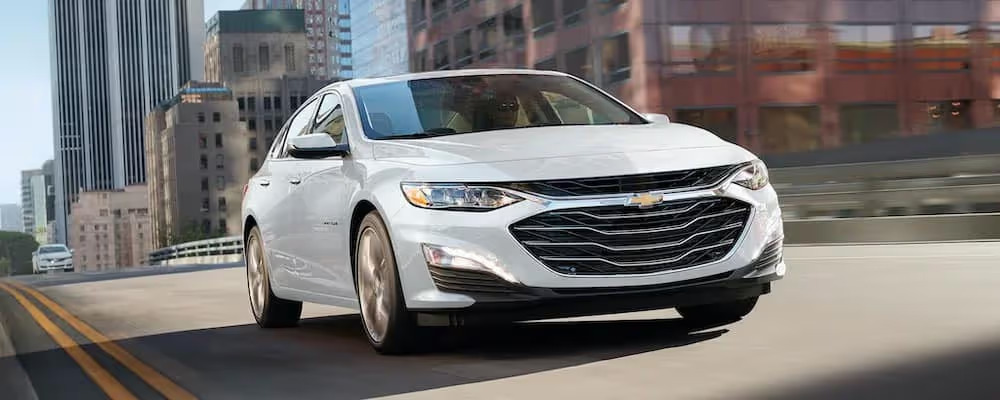
But the downside is that it doesn’t offer the long-term reliability necessary for a car that’s used daily. It’s not uncommon for drivers to face costly repairs after a few years, especially related to the transmission or engine.
Why It’s High-Risk for Commuting
When choosing a daily commuter car, dependability is key, and the Chevrolet Malibu falls short in this department.
Many owners report having to replace major components like the transmission or the engine well before 100,000 miles, which is a major red flag.
For anyone who spends a significant amount of time in their car, having to deal with frequent mechanical issues can be both frustrating and costly.
The lack of reliability also means that the Malibu has a lower resale value compared to other vehicles in its class. For daily commuting, this car’s long-term cost of ownership makes it a high-risk choice.
3. Ford Focus
The Ford Focus, once a popular choice for compact car buyers, has earned a reputation for reliability issues that make it a high-risk commuter vehicle. Although it boasts agile handling and a fun-to-drive nature, the Focus is notorious for mechanical problems, especially with its transmission.
Many owners have reported issues with the PowerShift dual-clutch transmission, which can lead to jerky shifts, poor acceleration, and even complete failure.
This specific issue, coupled with other electrical and suspension problems, makes the Ford Focus a car to approach with caution if you’re looking for a dependable daily commuter.
Key Features
The Ford Focus offers a sleek and modern design, with a spacious interior and a good balance of comfort and handling. It comes equipped with a user-friendly infotainment system, a solid list of safety features, and good fuel efficiency—some models achieve up to 40 mpg on the highway.
However, these benefits are overshadowed by its long-standing transmission problems. Many owners have also complained about the car’s overall durability, especially when it comes to suspension components that wear out prematurely.
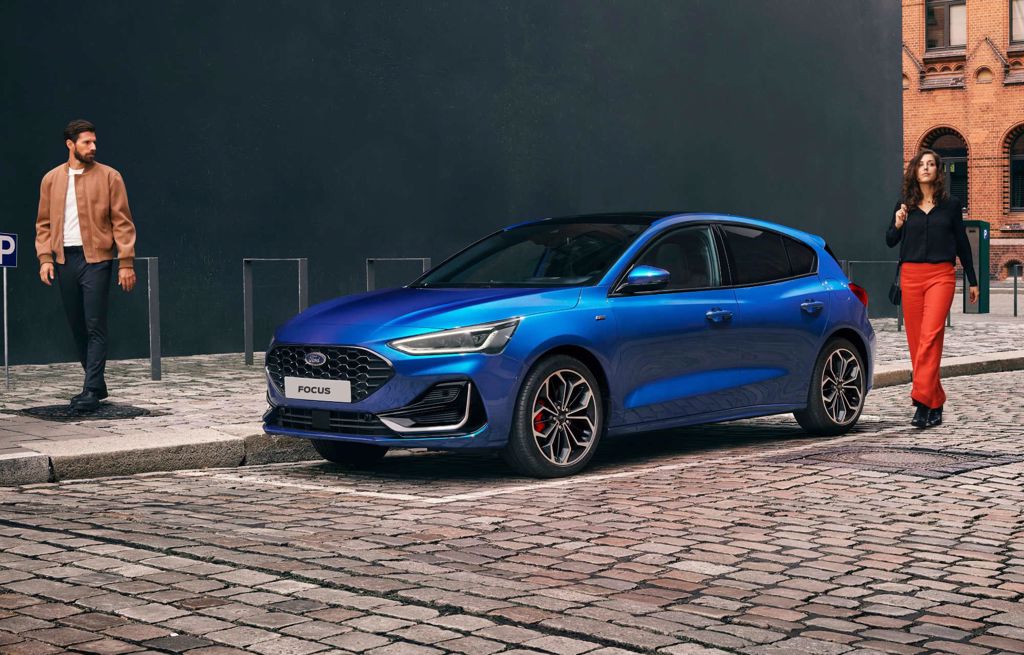
The ride quality, while generally comfortable, can be compromised by these issues, further diminishing its appeal as a daily commuter vehicle.
Why It’s High-Risk for Commuting
For daily commuters, the reliability and longevity of a vehicle are crucial. Unfortunately, the Ford Focus has a history of frequent mechanical failures, particularly with the transmission, which can result in expensive repairs.
The car’s overall reliability has been questioned, with several models having significant mechanical issues well before reaching 100,000 miles.
For commuters who depend on their car for daily transportation, the Ford Focus can quickly turn into a financial burden due to the potential for ongoing repair costs.
The lack of long-term durability and the risk of sudden breakdowns make the Focus a risky choice for anyone looking for a hassle-free commuting experience.
4. Dodge Dart
The Dodge Dart was introduced as a compact sedan aimed at competing with other economy cars in the market, but it quickly gained a reputation for being unreliable, making it a high-risk commuter vehicle.
Despite its stylish exterior and relatively affordable price, the Dart has faced a number of mechanical issues. Common problems include frequent electrical malfunctions, issues with the transmission, and problems with the engine.
The Dart’s lack of longevity and its tendency to require frequent repairs make it a poor choice for those looking for a dependable daily commuter car.
Key Features
The Dodge Dart is known for its sleek, modern design and solid build quality. It comes with a range of technology features, including a touchscreen infotainment system, smartphone connectivity, and advanced driver-assistance features like blind-spot monitoring and rear cross-traffic alert.
While these features offer convenience, they are often overshadowed by the Dart’s ongoing reliability problems.
The car’s fuel efficiency is also decent, with some models offering up to 41 mpg on the highway, but the frequent need for repairs can quickly offset any savings in fuel costs.
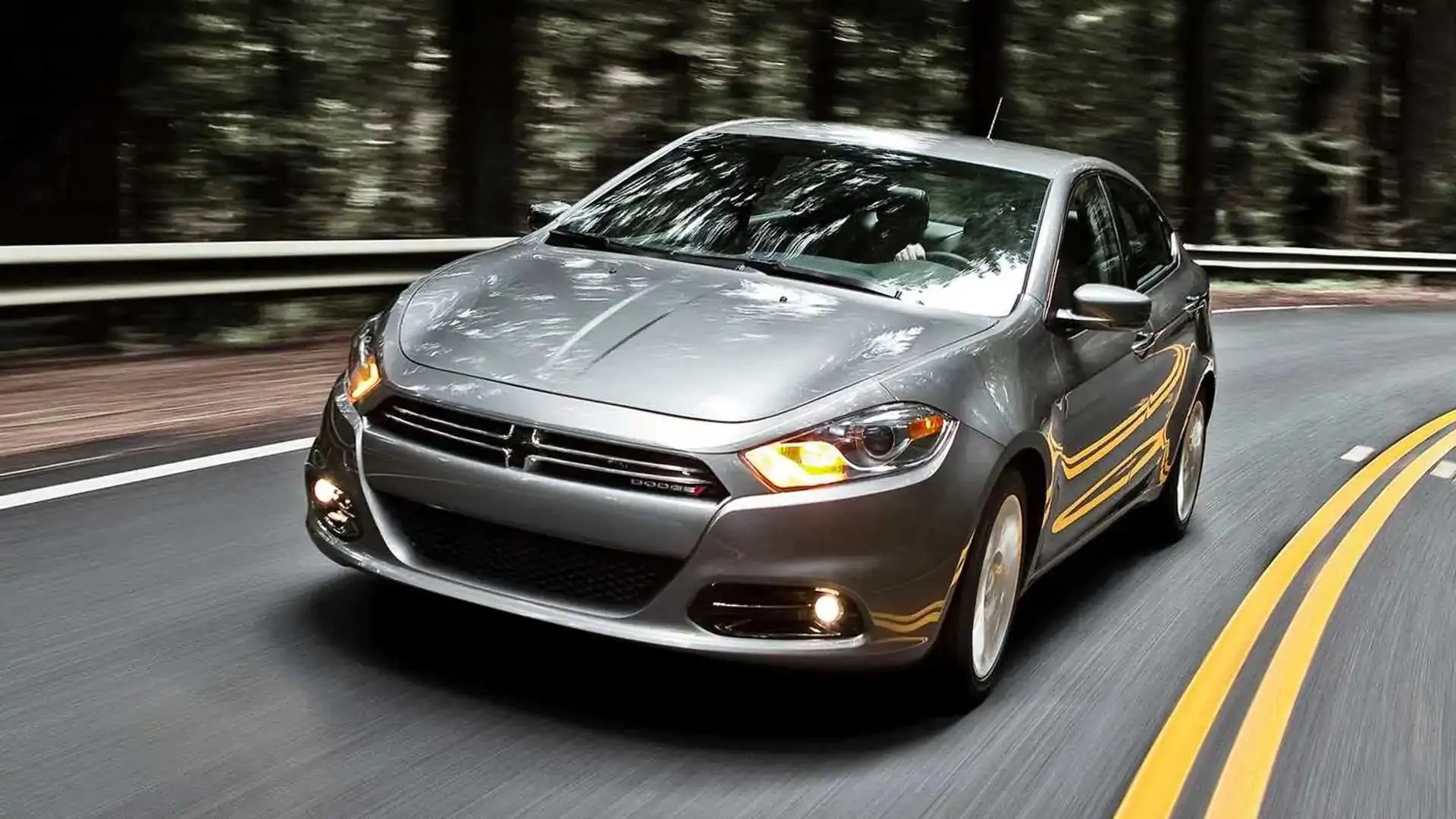
The Dart’s interior is reasonably comfortable, offering a spacious cabin and adequate cargo room for a compact sedan.
Why It’s High-Risk for Commuting
For anyone relying on their car for daily commuting, the Dodge Dart presents a significant risk due to its lack of long-term reliability. The frequent transmission and electrical issues have led to expensive repairs that can add up over time.
Many drivers have reported problems with the engine as well, making the Dart a poor investment for anyone looking for a commuter car that will last.
Additionally, the Dart’s resale value is lower compared to other cars in its class, further highlighting its status as a high-risk vehicle for long-term ownership.
For commuters who need a car that will serve them reliably day after day, the Dodge Dart is a vehicle best avoided.
5. Fiat 500
The Fiat 500 may be cute and compact, but it has earned a reputation for being an unreliable choice for daily commuting. Despite its trendy design and excellent maneuverability in tight city spaces, the Fiat 500 struggles with long-term durability.
Frequent mechanical issues, especially with the engine and transmission, have plagued the vehicle.
The small size and quirky design may appeal to some, but when it comes to a daily commuter car, these advantages are outweighed by its inconsistent performance and poor reliability, making it a high-risk option for those who rely on their car for everyday use.
Key Features
The Fiat 500 is a fun, stylish compact car that stands out with its retro design. It offers a surprisingly spacious interior for its size, and its compact nature makes it a good fit for tight urban environments.
Fuel efficiency is another strong point, with some models reaching up to 40 mpg on the highway, making it an attractive option for city commuters.
The 500 is also equipped with modern infotainment features, including Bluetooth connectivity, a touch screen, and available navigation. However, these perks are undermined by the car’s poor reliability track record.
Why It’s High-Risk for Commuting
For daily commuting, reliability and long-term durability are crucial. The Fiat 500 struggles in this area, particularly with its transmission and engine.
Many owners report that the car experiences issues well before reaching 100,000 miles, which is concerning for anyone who needs a dependable commuter car.
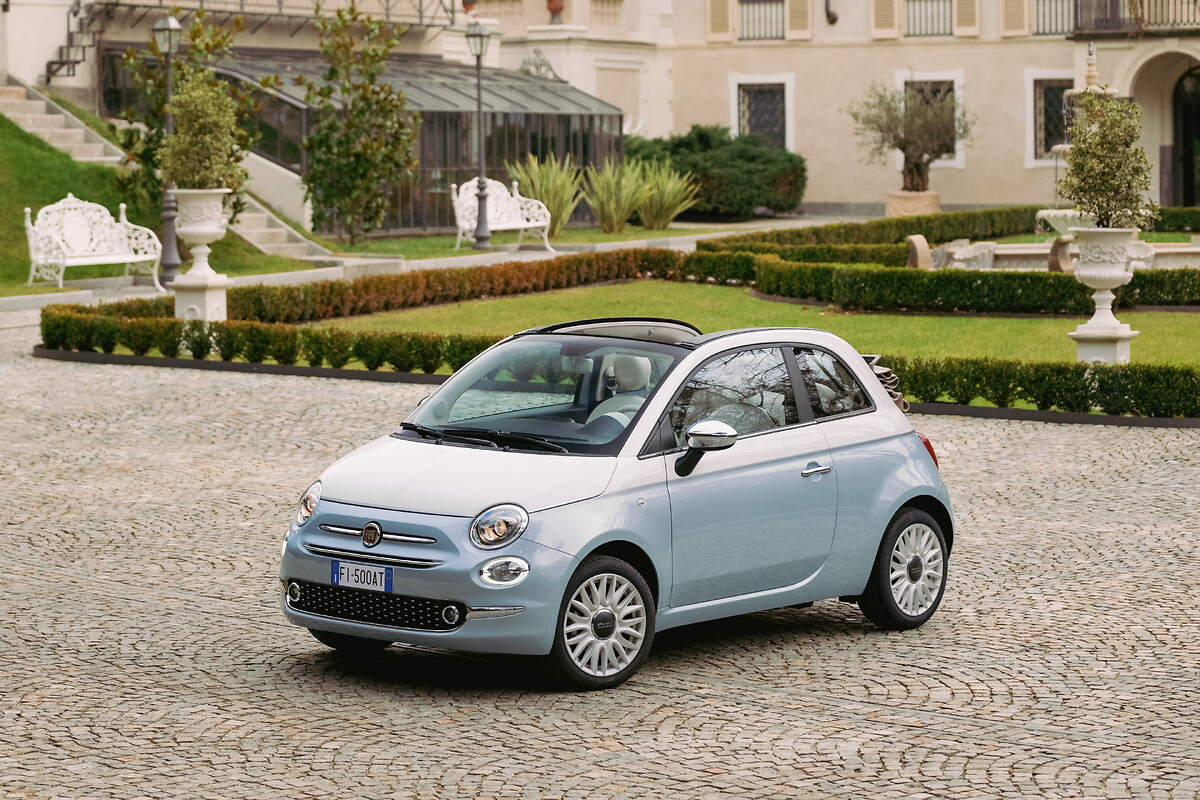
While the car’s small size and fuel efficiency might appeal to those looking for an economical option, the frequent repair costs associated with the Fiat 500 make it a risky choice for daily use.
Additionally, its cramped interior and lack of modern safety features further diminish its suitability as a commuter vehicle.
Overall, the Fiat 500’s tendency to break down and its limited practicality make it a high-risk option for anyone looking for a reliable car for daily commuting.
Choosing a reliable daily commuter car is a critical decision, especially when considering the long-term costs, convenience, and peace of mind that come with dependable transportation.
In the “5 Reliable Daily Commuters” section, we explored cars that consistently provide durability, affordability, and a comfortable driving experience for those who depend on their vehicles every day.
These cars, including the Toyota Corolla, Honda Civic, and Hyundai Elantra, stood out for their long-term reliability, low maintenance costs, and excellent fuel efficiency, making them ideal choices for anyone looking for a vehicle that can handle the daily grind without causing headaches.
On the other hand, the “5 High-Risk Daily Commuters” section highlighted cars that, while initially appealing due to their low purchase price or unique features, come with significant drawbacks that make them less suitable for long-term daily use.
Cars like the Chrysler 200, Ford Focus, and Dodge Dart may look good on paper, but their mechanical issues, frequent breakdowns, and costly repairs quickly add up, turning what seemed like an affordable option into a financial burden.
The Fiat 500, while charming, suffers from similar reliability concerns, particularly with its transmission and engine.
For anyone considering a commuter vehicle, the key takeaway is that reliability, low maintenance costs, and good fuel economy should be top priorities.
Cars that seem like a good deal upfront can end up costing much more in repairs and lost time on the road if they are prone to frequent breakdowns.
By investing in a reliable model, commuters can avoid the frustration of constant repairs and enjoy a smooth, stress-free ride to work, ensuring that their vehicle remains a trustworthy companion for years to come.
Also Read: 5 Cars You Can Keep for 15+ Years and 5 That Break Within 5 Years

